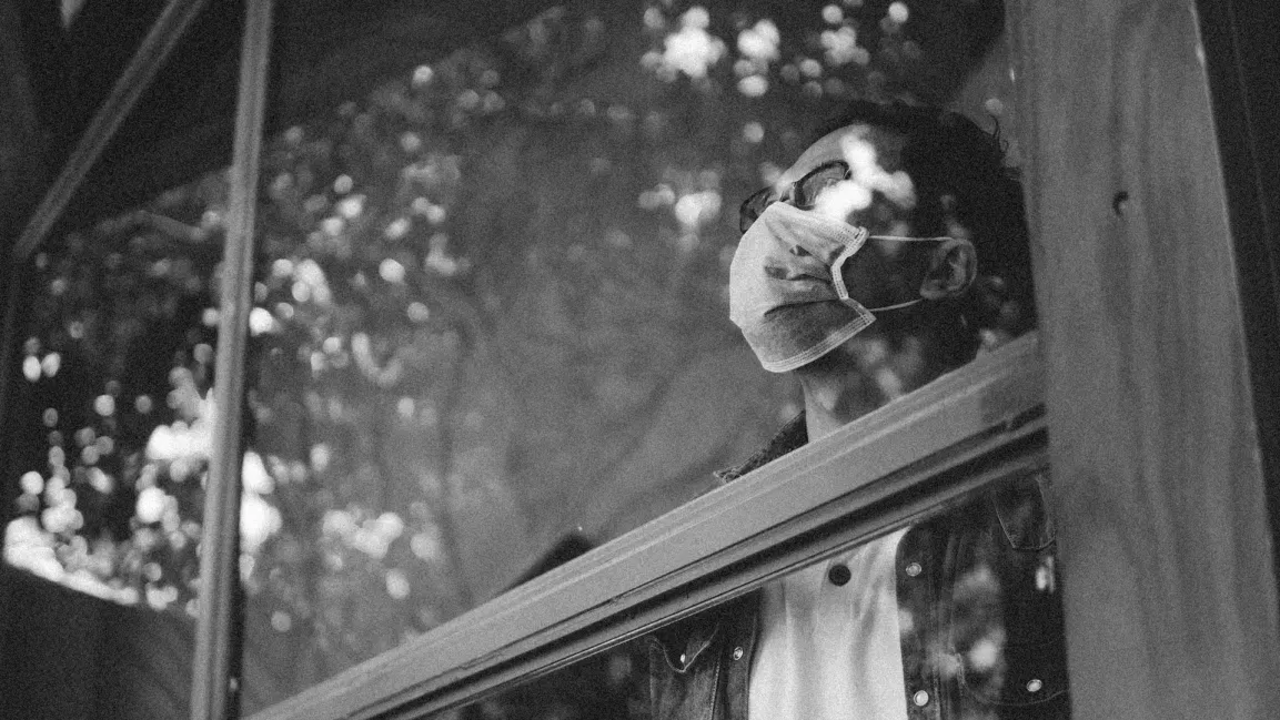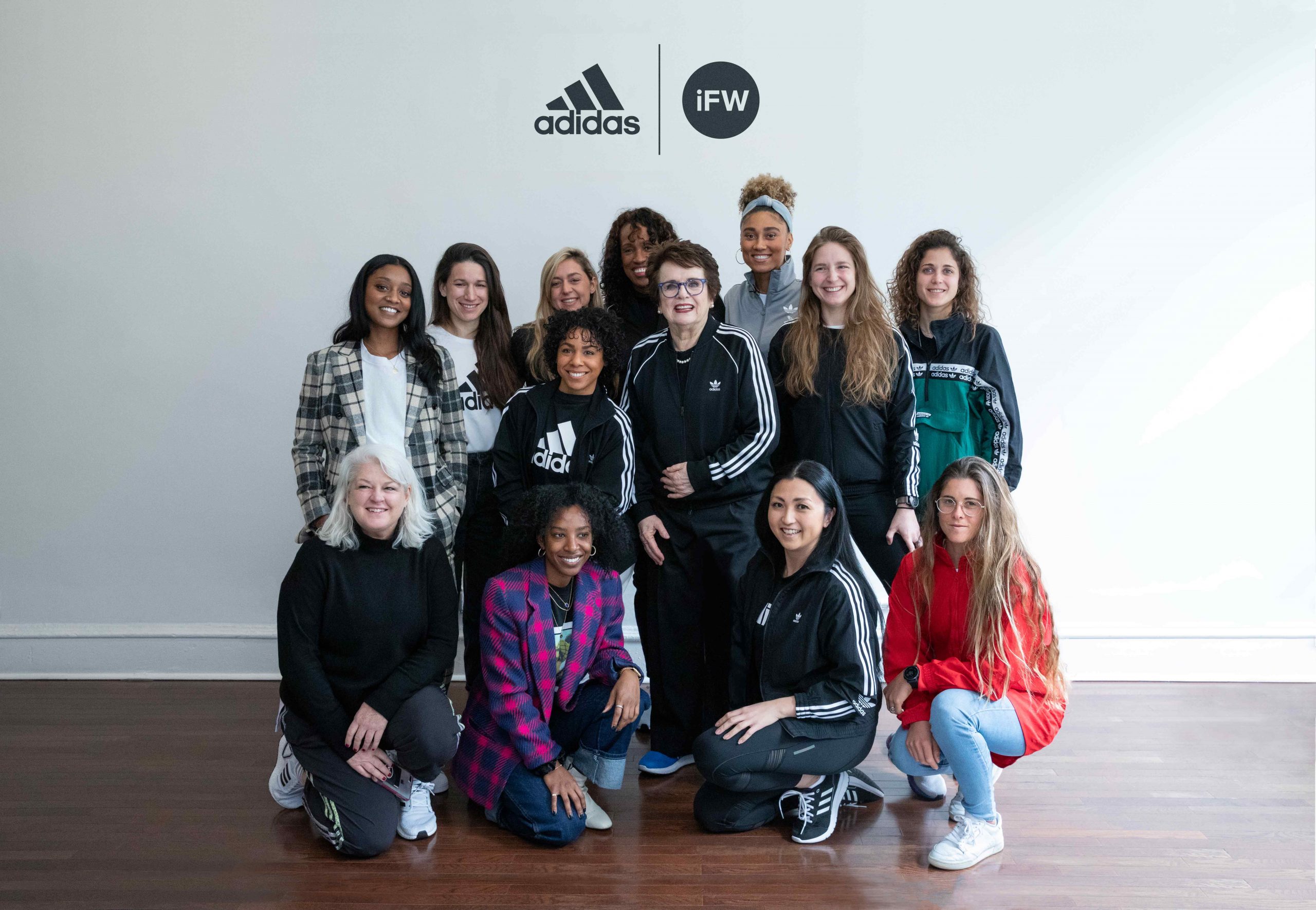What Leaders are Learning About Themselves from the Pandemic | A FastCompany Article
May 05, 2021
There used to be unspoken barriers between our personal and our professional lives. That has changed, probably forever.
Originally published on fastcompany.com
The steepest learning curves of my life have always stemmed from crisis situations, ones that brought people together even as they threatened to tear us apart. If we can adjust our outlook, this period of uncertainty too can help us improve in our personal, business, and social lives.
Living in New York City in the late ’80s, I lost many of my closest friends to AIDS—a new and scary disease that nobody had ever heard of. My first friend to die was Chuck Bayer. A brilliant thinker, creator, and leader, Chuck responded to his HIV-positive diagnosis by founding one of the first national support groups for people with AIDS. Even as he grew weaker with repeated hospitalizations and bouts of pneumocystis pneumonia, Chuck continued to share his belief that we always get to choose whether to be victims of our circumstances or to show up powerfully as we face each moment. Chuck’s view was that until we are dead, we can choose to be fully alive.
Chuck died of AIDS 32 years ago last month. He was 33 years old. His message—that it’s possible to find meaning, impact, and joy even in the face of hardship—has shaped my life and my work as a leadership coach. Fast-forward to June 2020, and Chuck’s message rings true as ever.
Although we weren’t prepared for this new COVID-19 reality, let’s take a deep breath and put things into perspective. A crisis doesn’t change us; it just amplifies what is already there.
As founders, teams, and entrepreneurs, we are facing the greatest challenge of our lifetime and we are discovering a great deal about ourselves in the process. What we are learning right now will shape how we live and lead for the rest of our lives. Here are some things I’ve learned and that I’m hearing from my founder and CEO clients.
We’re powering through adversity
Every business leader has already had to make fundamental decisions as a result of the pandemic. Todd Herman, a peak performance coach, recently surveyed 29 CEOs of companies ranging from $2M to $500M in value and found that those who are strategically focused in their response to COVID-19 are reimagining their product and service offerings, changing delivery models, deploying technology, and amping up teamwork and communication.
If we live our lives with a fear-based, worst-case-scenario approach we become paralyzed in the face of uncertainty. If we believe that we create our own experiences, and that a leader’s job is to find the path forward, then we are energized to create positive change in a time of crisis.
I see this correlation clearly in my CEO clients. Those who have always seen themselves as creative problem solvers are making decisions and taking action. Their teams are energized and taking action as well. Those who are risk-averse are missing opportunities as they second-guess their decisions.
Remember that you are still the same driven, passionate, innovative entrepreneur you’ve always been. What has changed is the paradigm in which you are operating. Be clear that it is only your circumstances—not you—that is different.
We’re seeing our authentic selves
In the business world, there used to be unspoken barriers between our personal and our professional lives. That has changed, probably forever.

Building the next generation of sports-business leaders
adidas and iFundWomen team up to help female entrepreneurs gain a competitive edge
And it’s not just the disintegration of the personal/professional divide that’s new—our unobstructed Zoom view into the homes and families of our coworkers and employees has made their personal lives real for us in ways we cannot ignore. We know who lives alone. We can see their isolation. We know who has a working spouse with two toddlers at home and no nanny. We know who was up all night with their sick cat. What is now known cannot be unknown. The personal side of our lives must be acknowledged and accommodated.
This personal element is changing how we speak and interact. Being empathetic, interested in the whole person, authentic, and accommodating is the new normal, not only for interactions with employees but also with customers and business partners. We check in with each other’s well-being and each others’ families before launching into work. This new interpersonal dynamic offers unprecedented potential to deepen existing professional relationships and nurture new ones in more meaningful ways. We now have permission to genuinely care about our business colleagues. What will we do with this once the crisis passes?
In the ’90s, I was working as executive director for a state-funded HIV/AIDS organization in New York State and was maneuvering my way through an ecosystem that had been brought together by crisis. The professional connections I made at the time were deepened by the raw reality we shared. We got on conference calls after running into each other unexpectedly at a memorial service. We worked on shared initiatives in the hallway of the HIV ward at NYU Medical Center. I’m not saying there is a direct correlation between that time and now, but there is a similar opportunity to deepen our sense of connection and shared purpose.
As we work our way through COVID-19, we are reminded that businesses are about people, and that meaningful relationships create culture and seed opportunities for growth, innovation, and impact.
We’re learning to be at home in our home
We are learning to be at home in our home. Whether it’s a small apartment or a spacious house, whether we live alone, with roommates, or with family, we are experiencing it in a very new way. We’re discovering what we like and don’t like about our living situation in moment-by-moment detail, and we’re making micro-adjustments to make it a better place to be for all.
The power of repeated micro-adjustments is one of the skills we’ll be able to cross-purpose into how we run our businesses. In the microcosm of our homes, we’re trying out new rules and processes for chores, cooking, movie picking, and using the available space. We experiment with different schedules, technology, and routines to organize our day and maximize our time. Some configurations work well and we keep those. Some don’t so we try something else. We are experimenting with consensus versus authority-based decisions, and with job rotations versus strengths-based assignments.
Companies, even large ones, are too often operated en masse. Big change initiatives are still the norm, and they rarely succeed. What works is allowing micro-units of employees—similar to families—the freedom to determine their processes and rhythms and iterate towards their best solution.
There is much to be learned about change management as we shelter in place and spend time with ourselves in this new context.
Having to do as we’re told is a new experience for business owners, CEOs, and founders. It’s the story of work for most everyone else.
Originally published on fastcompany.com

